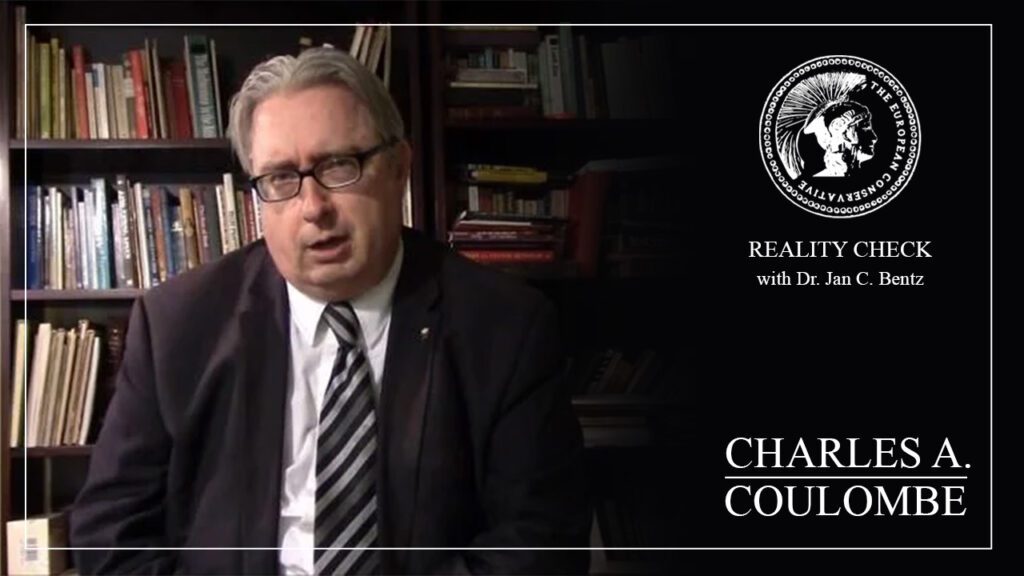
In an era where disenchantment seems to permeate every aspect of modern life, is there a way to revive the sense of wonder and connection to tradition that once defined our worldview? In this episode, Charles A. Coulombe argues that re-enchantment requires more than a superficial return to old ways.
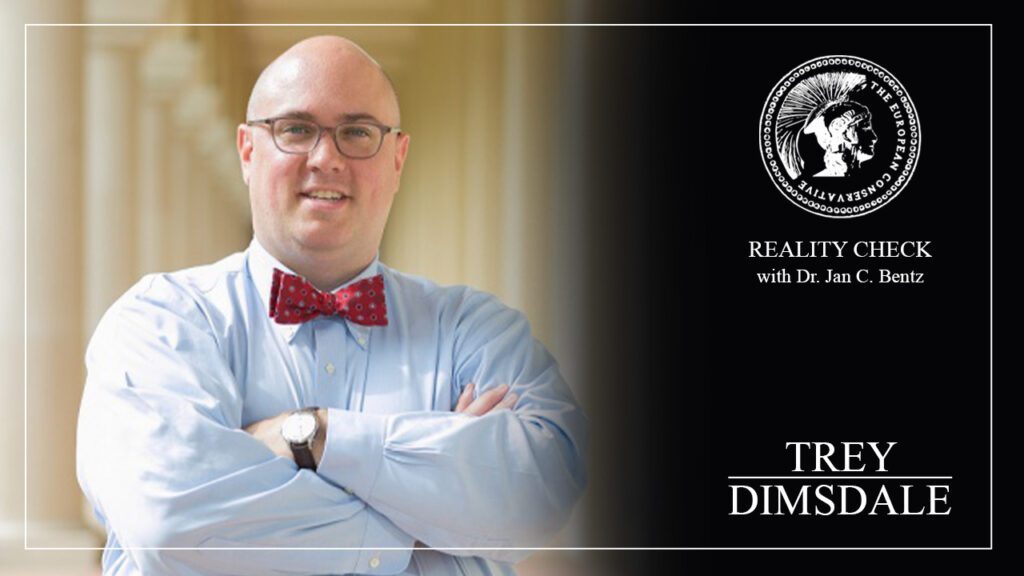
In this episode of Reality Check, Trey Dimsdale, executive director of the Center for Religion, Culture & Democracy, joins us to discuss the current state of religious freedom in the United States.
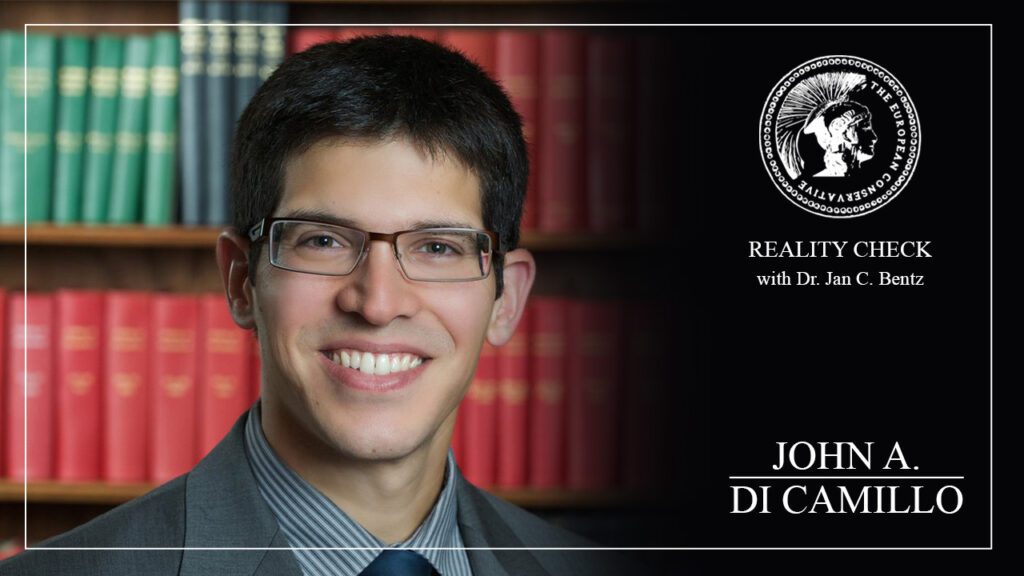
In this episode of Reality Check, we delve into the complexities of brain death and organ donation with Dr. John Di Camillo, an ethicist at the National Catholic Bioethics Center.
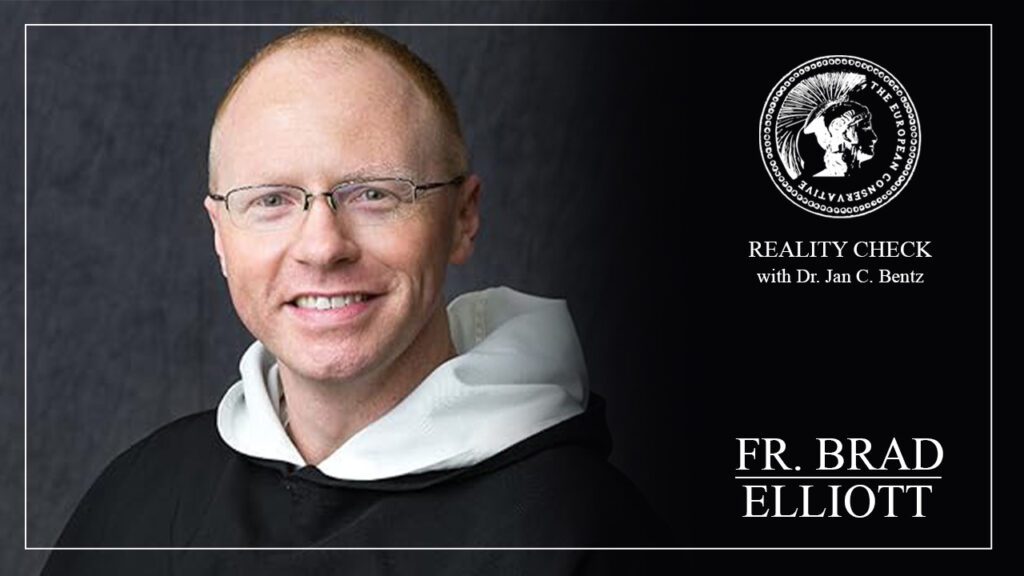
What is the relationship between art and morality, and can beauty truly save the world? We explore these profound questions with Fr. Brad Elliott OP, a Dominican friar, artist, and philosopher.
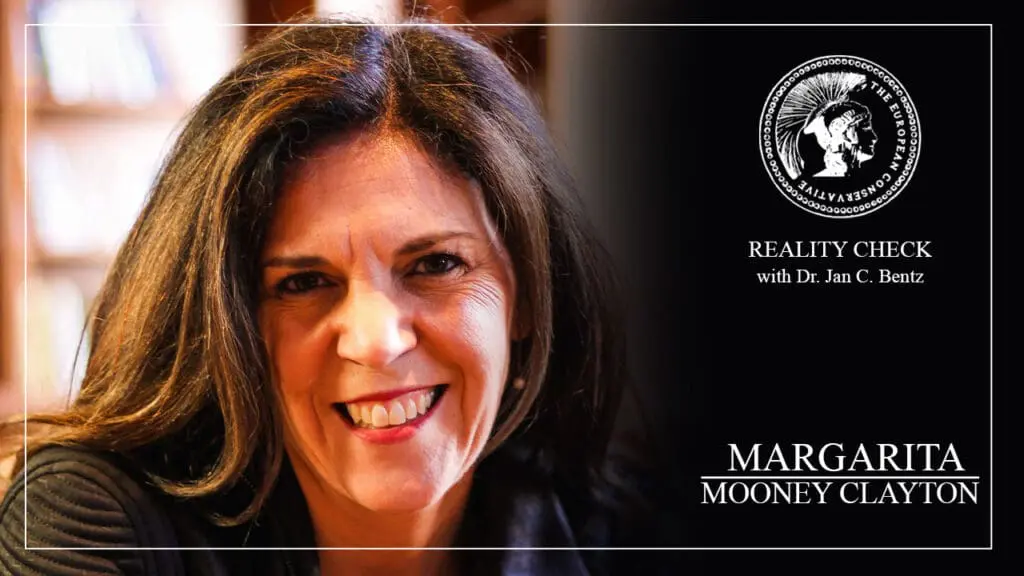
In this episode, Jan Bentz is joined by Margarita Mooney Clayton. Together they explore how a liberal arts education fosters adaptability, nurtures a love of lifelong learning, and equips individuals with the tools to navigate the rough waters of society.
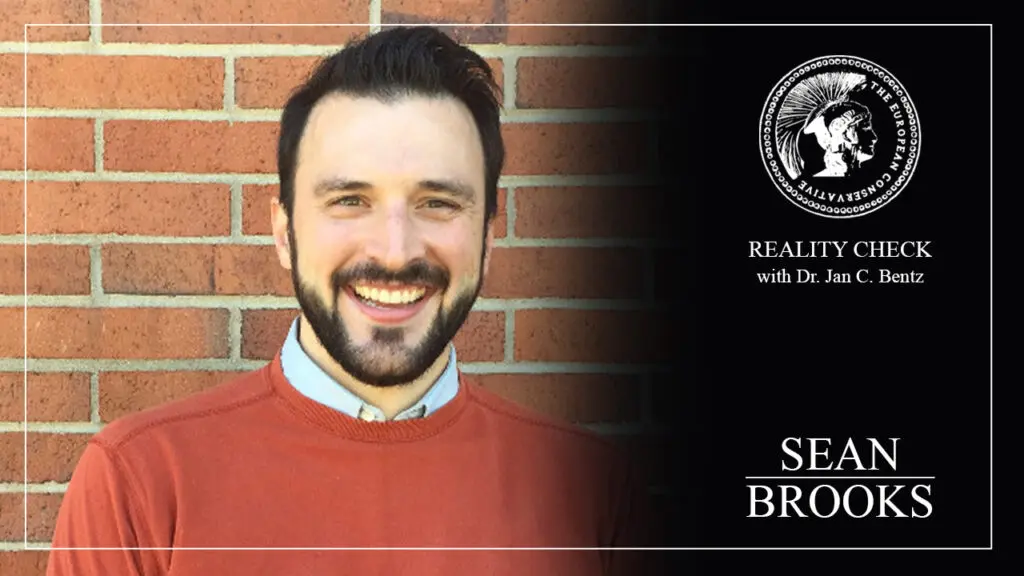
Jan Bentz speaks to psychologist Sean Brooks. Together, they navigate faith and science, refuting the view that psychology is incompatible with religious belief.
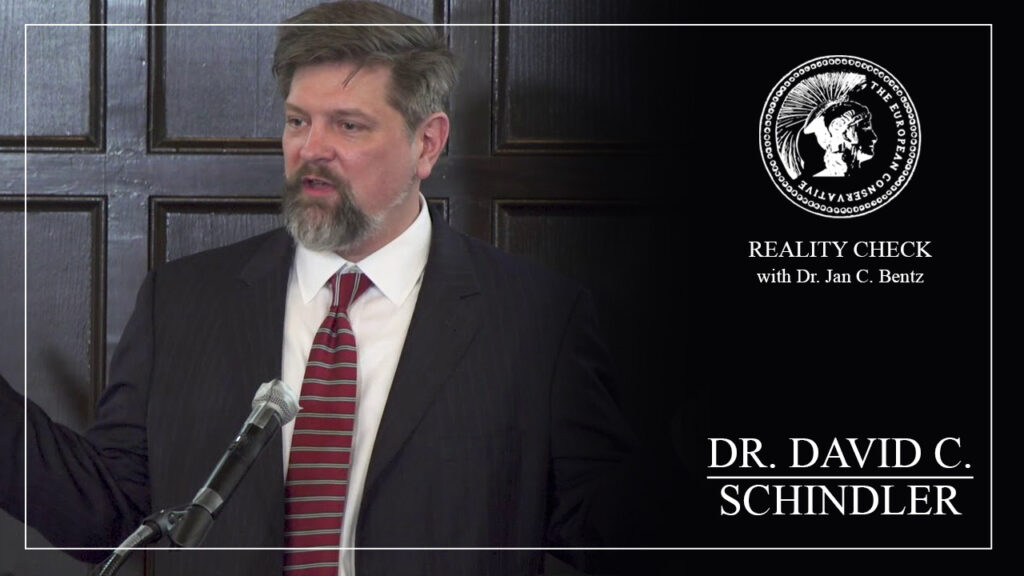
Jan Bentz speaks to Dr. David C. Schindler from the John Paul II Institute for Studies on Marriage and Family about the reality of politics—and how politics can be based on reality.
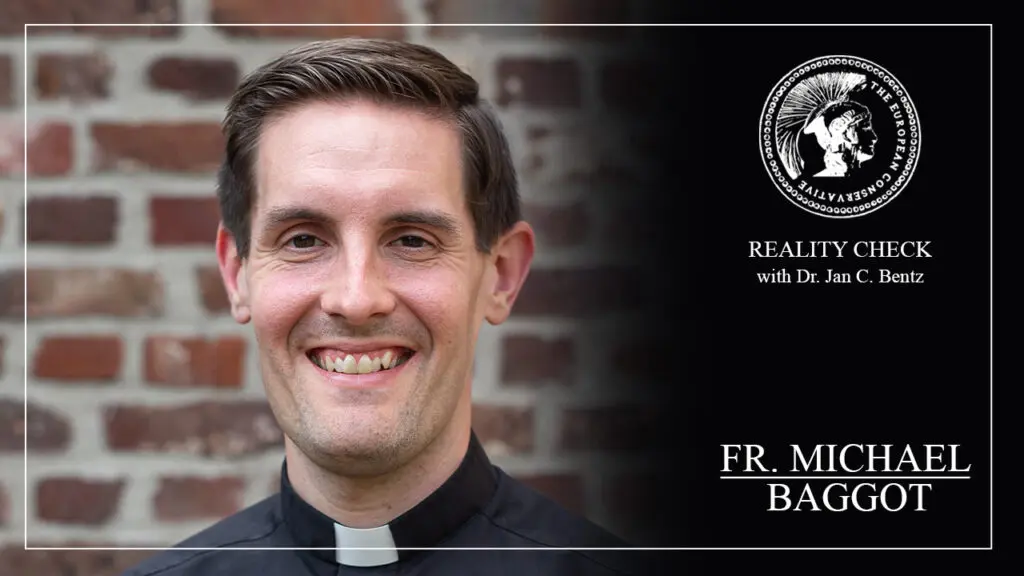
Jan Bentz speaks to Fr. Michael Baggot about the unholy goals of the transhumanism movement.
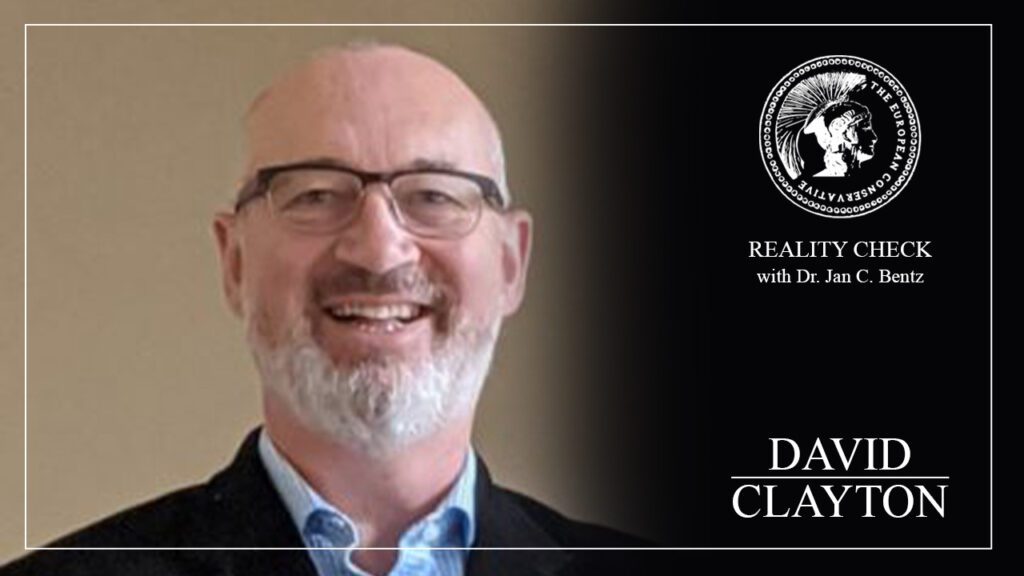
Jan C. Bentz talks with David Clayton, artist, writer, and provost at Pontifex University, about beauty and art. Is beauty objective? Is it scientific? What makes a good artist good? All these and more related questions are tackled by Clayton in the context of art and sacred art.
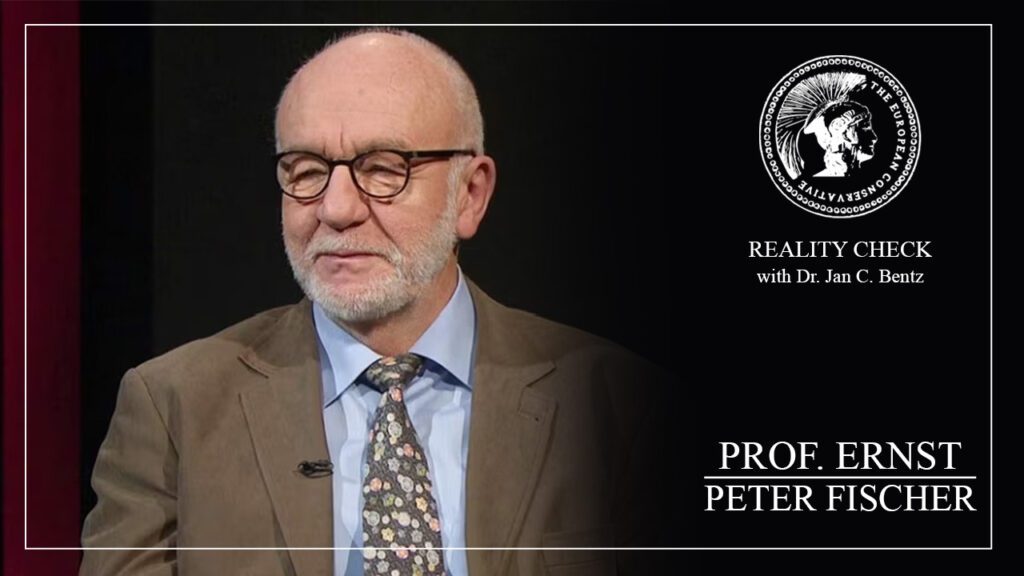
Jan C. Bentz talks with Ernst-Peter Fischer, historian of science, about the beauty of mystery and whether is it scientifically possible to understand the world as enchanted.
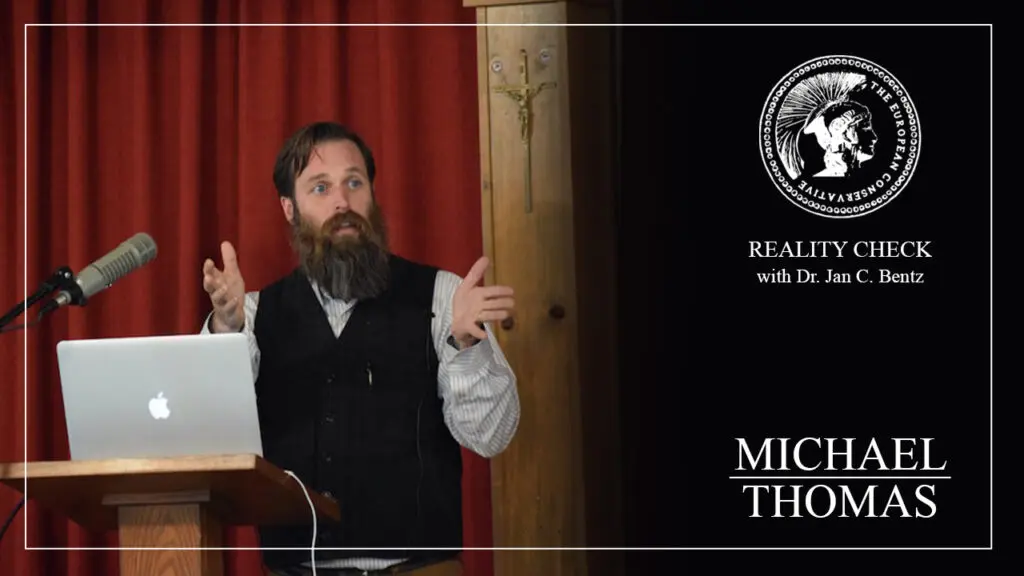
Philosopher and journalist Jan C. Bentz talks with Michael Thomas about the Catholic Land Movement, tradition, perennial truths, and the inspiration of Chesterton and Belloc.
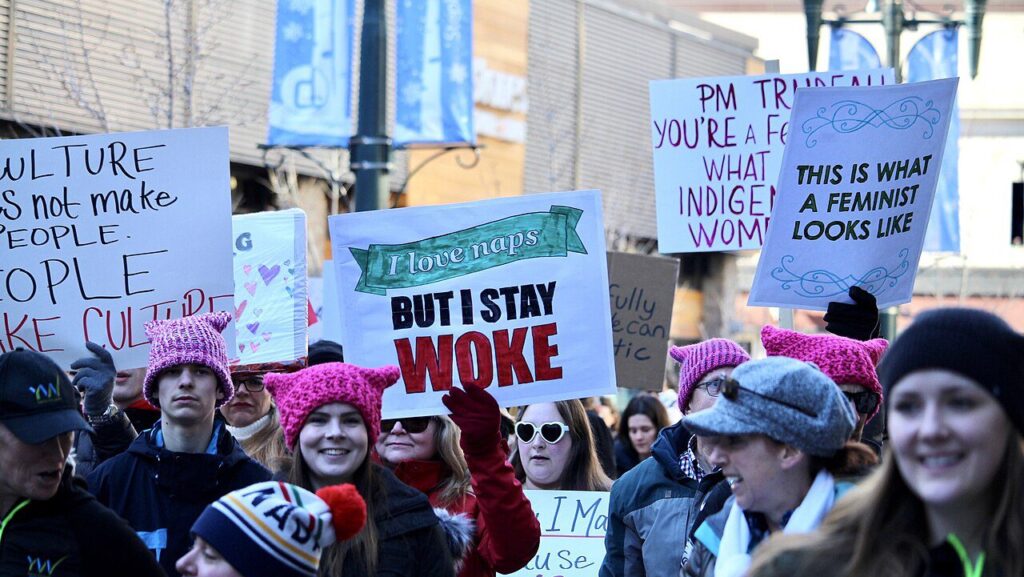
Counter Wokecraft makes the case that woke strategies, “while tricky and manipulative,” are also “comprehensible, predictable, and able to be countered.”